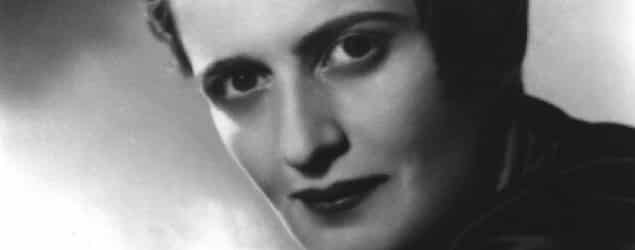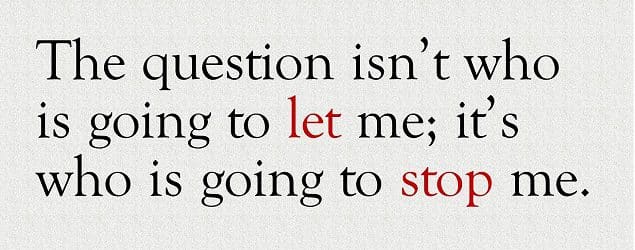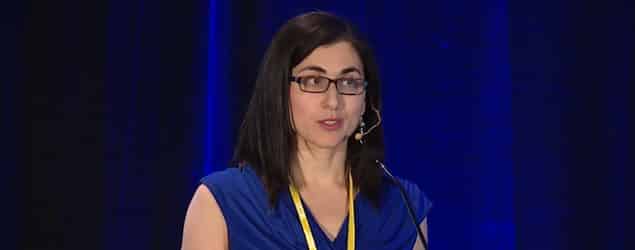What Ayn Rand Was For

For anyone who watched CNN’s report on Ayn Rand (during “The Situation Room with Wolf Blitzer” on October 11), there was a puzzling moment that I’d like to clear up.
It began with one of Rand’s recent biographers talking about how Rand was against public schools, public libraries, public hospitals, and public roads. The takeaway for most viewers was that Rand opposed institutions that modern Americans need to enjoy a full and healthy life. What viewers urgently needed right then was context—some explanation of how Rand’s unusual positions could make sense.
What they got instead was a tease, but not a full answer. The host cut to an interview with Onkar Ghate, a senior fellow at the Ayn Rand Institute who was eminently qualified to set the record straight. And he made a good start: Asked what is the biggest misperception of Rand, Dr. Ghate said: “I think the biggest misperception is that she’s against things, that she’s against government . . . .” But then the show veered off to another topic, and he never got to finish his answer.
I haven’t talked with Dr. Ghate about this, so I’m not sure which of his comments were left on the cutting room floor. But I do wish that the show had emphasized what Rand was for, so that viewers could make sense of her positions against certain commonly accepted institutions. Here are some of those facts:
Rand was for the individual, and for a strong government to protect his rights—his individual rights to life, liberty, property, and the pursuit of happiness. In economic terms, that means she was for laissez-faire capitalism: free markets in which individuals can produce values, trade them in win-win transactions, and keep whatever they earn.
As a consequence, Rand was for all kinds of institutions—including schools, libraries, hospitals, and roads—that arise to serve people’s needs on a free market. Nowadays, people think these are “public goods” and have a hard time conceiving how they could be privately produced and owned. That’s why Rand was for education about how free markets work.
It’s true that Rand took strong positions against many widely accepted ideas and institutions, but she was not a curmudgeon—she rose in opposition only when her positive values were threatened.
Public schools? Yes, she opposed them—along with public libraries, public hospitals, and public roads—but not because she wanted to leave people without the institutions they need to live and prosper. Rather, she held that individuals—working alone and in voluntary associations—are entitled to decide, without government coercion, how to meet their needs for education, health care, transportation, and all other economic values. Government, on her view, has no right to any opinion on how children should be taught, or what books people read, or what surgical procedures they should have, or where their roads should go. Government’s only job is to protect individuals as they make those decisions.
What Rand was for is there in her books, especially Atlas Shrugged, and I wish more of today’s commentators would talk about it.



